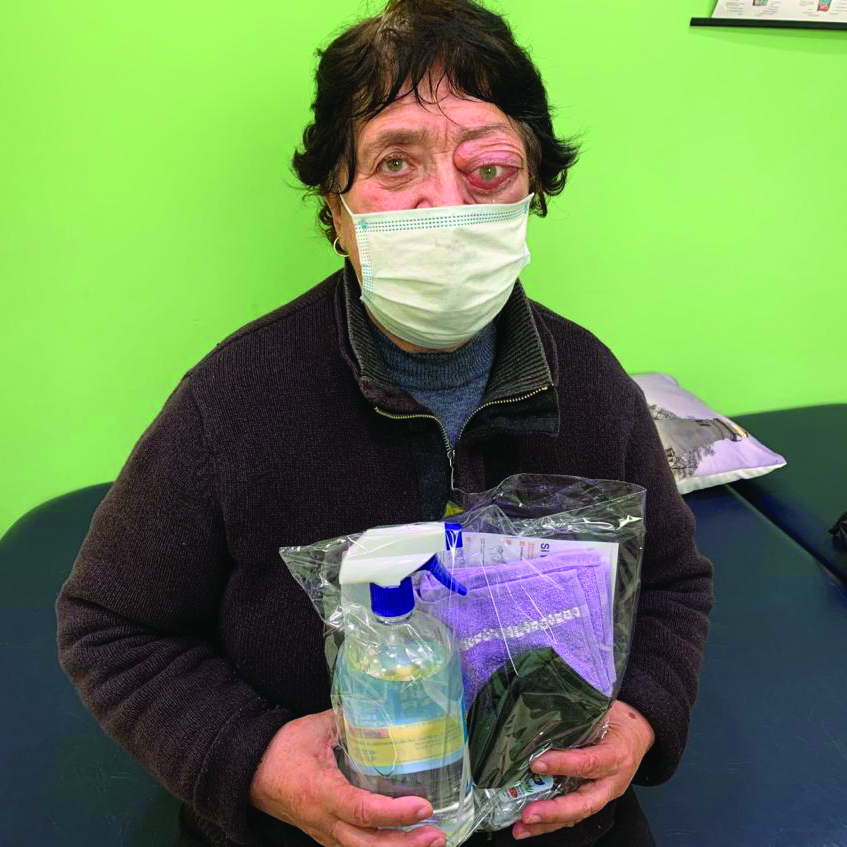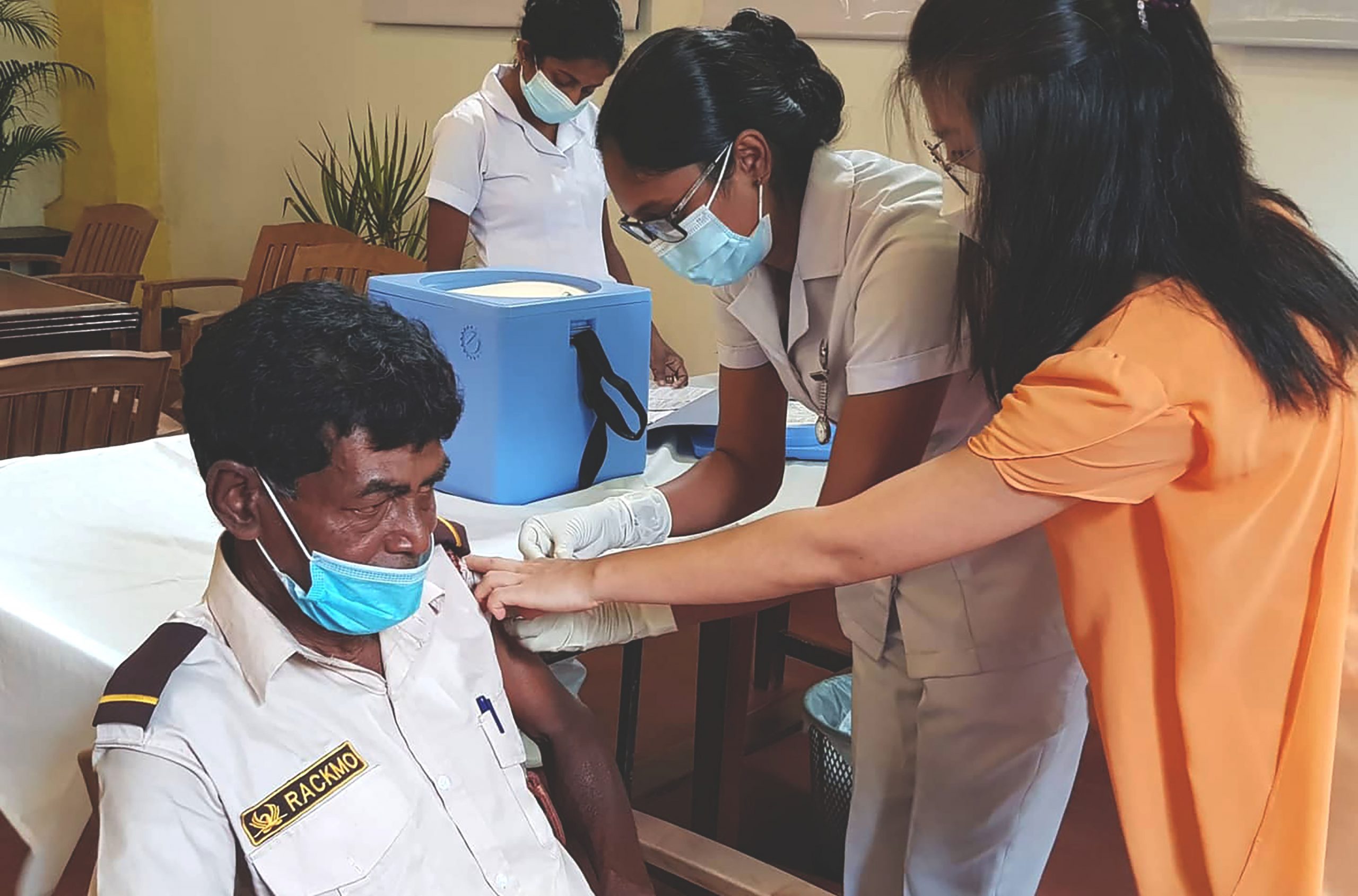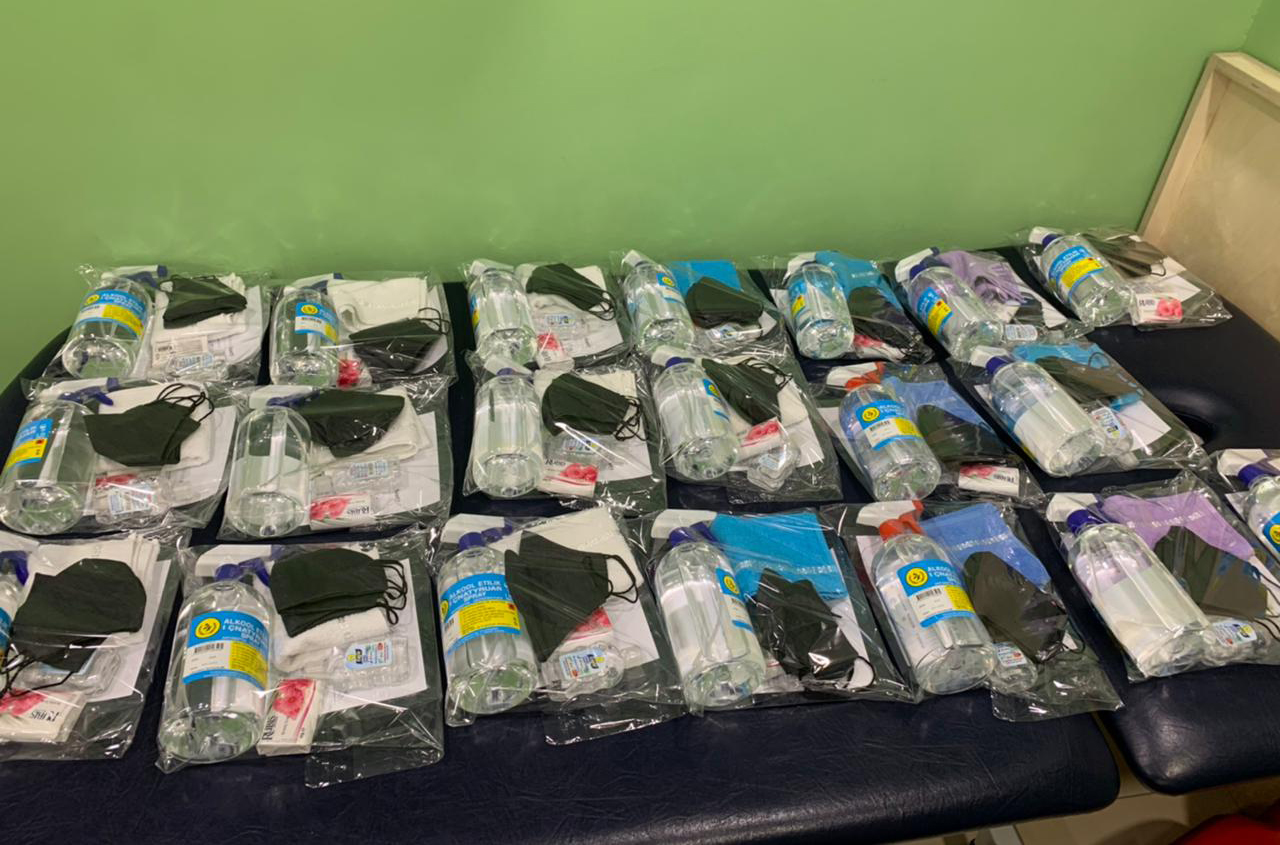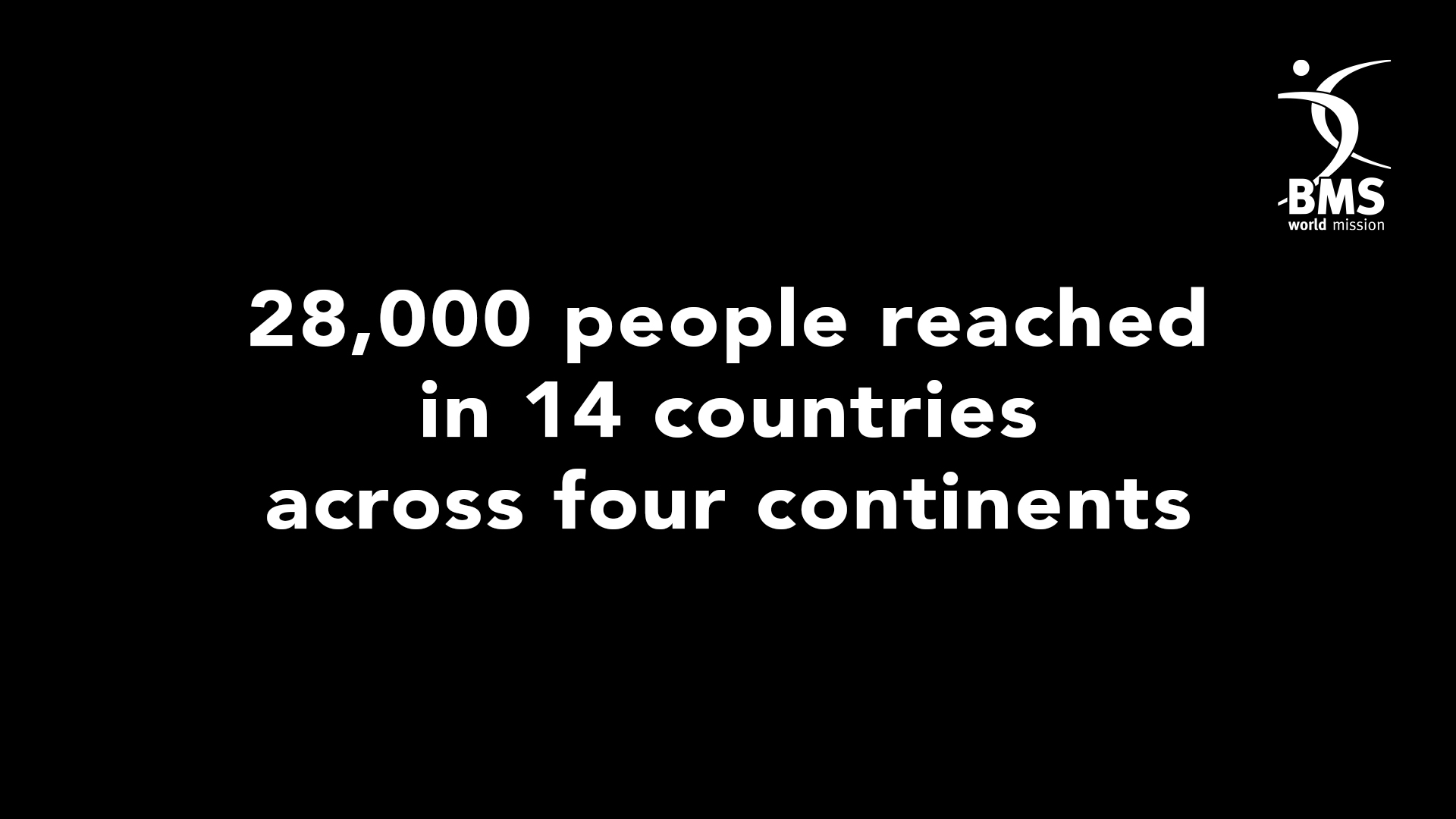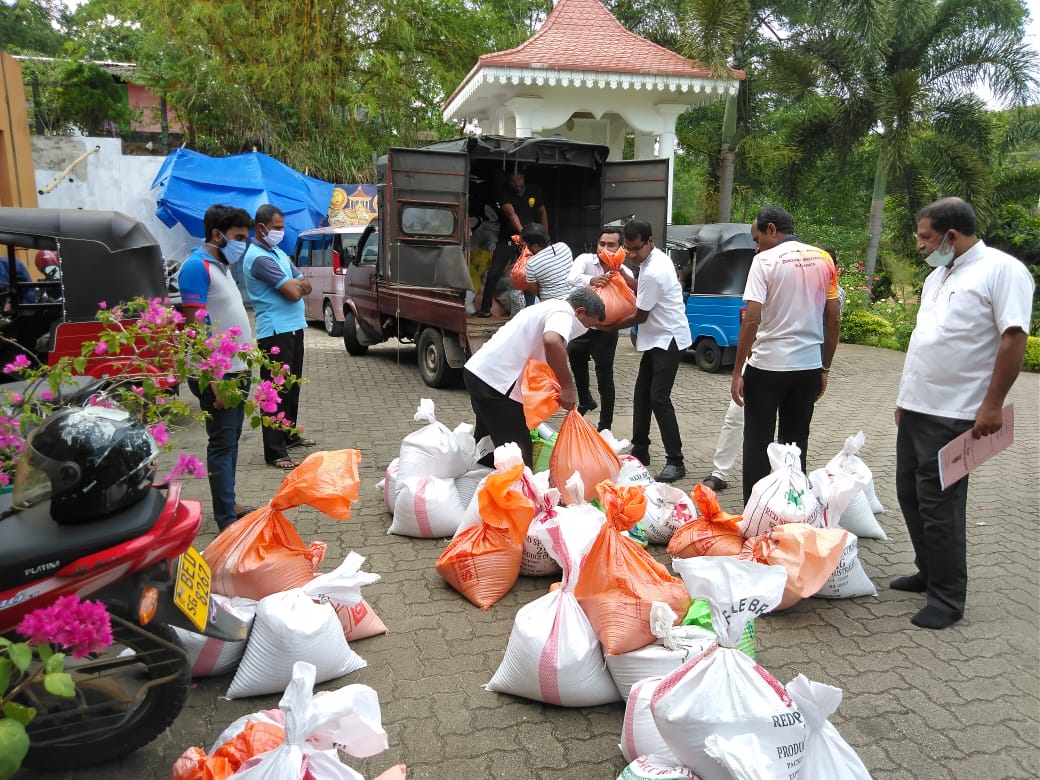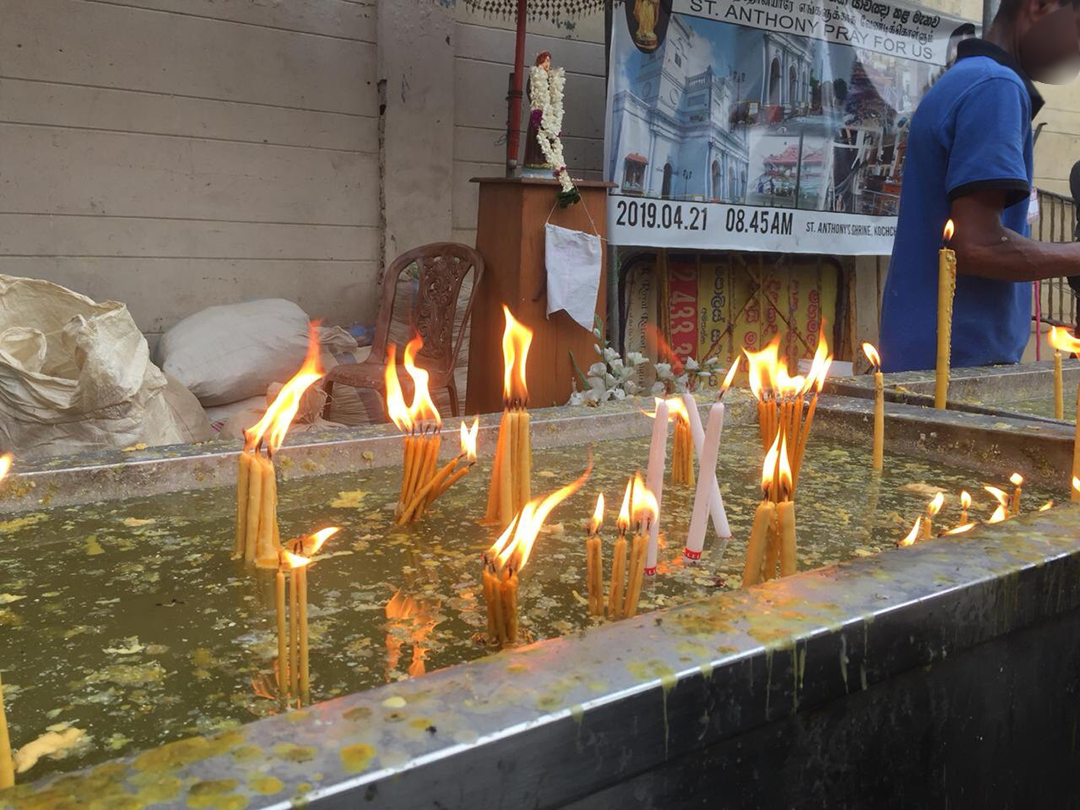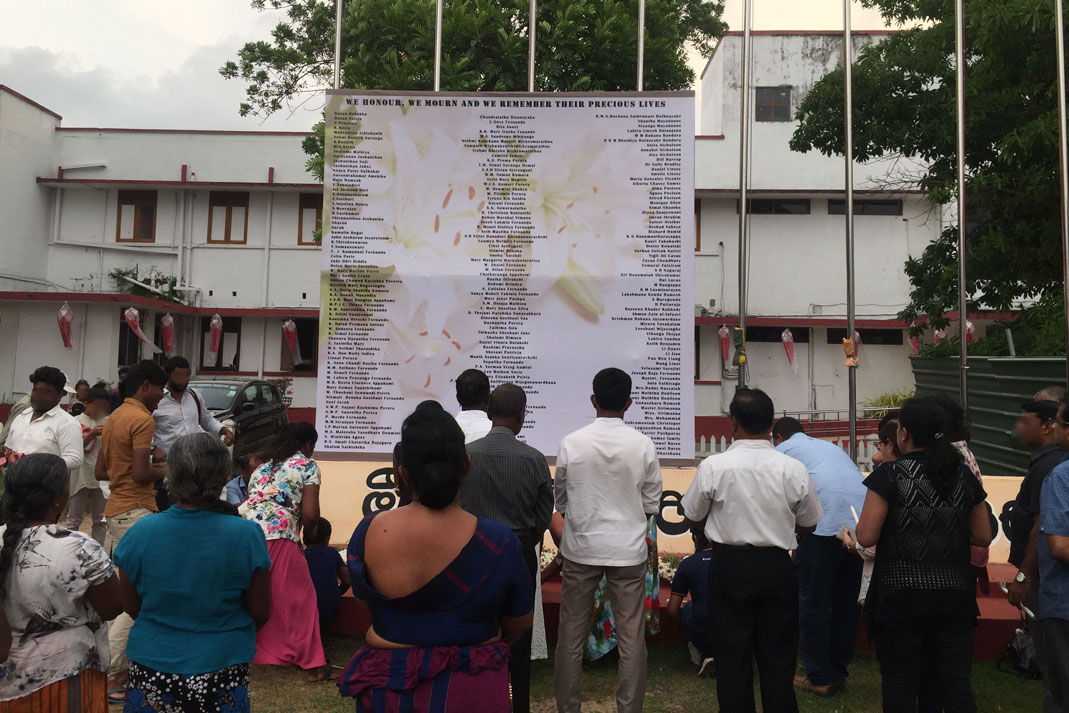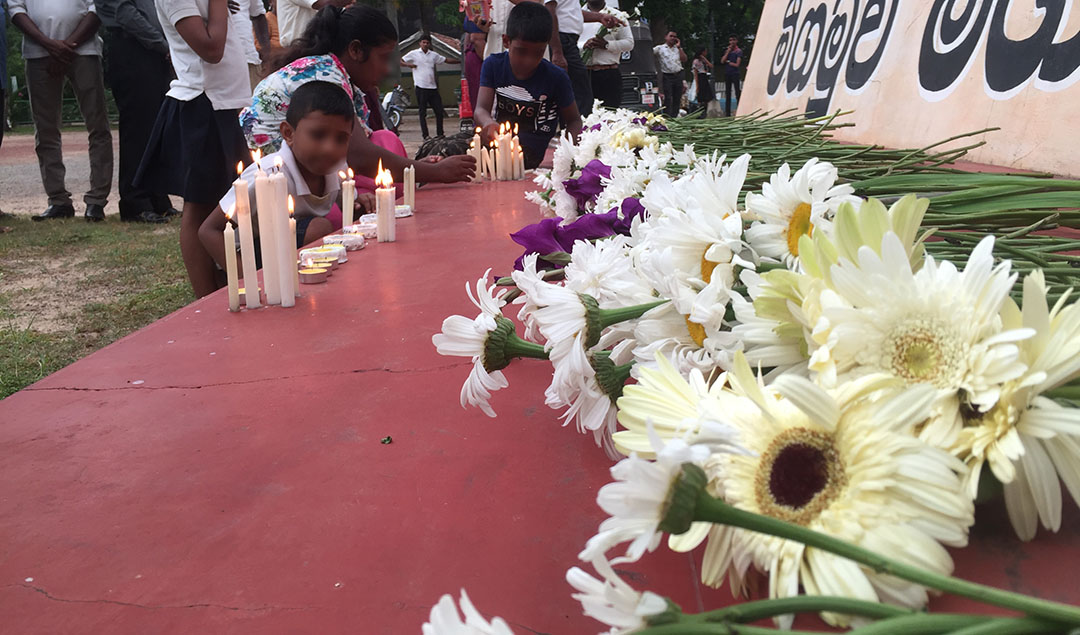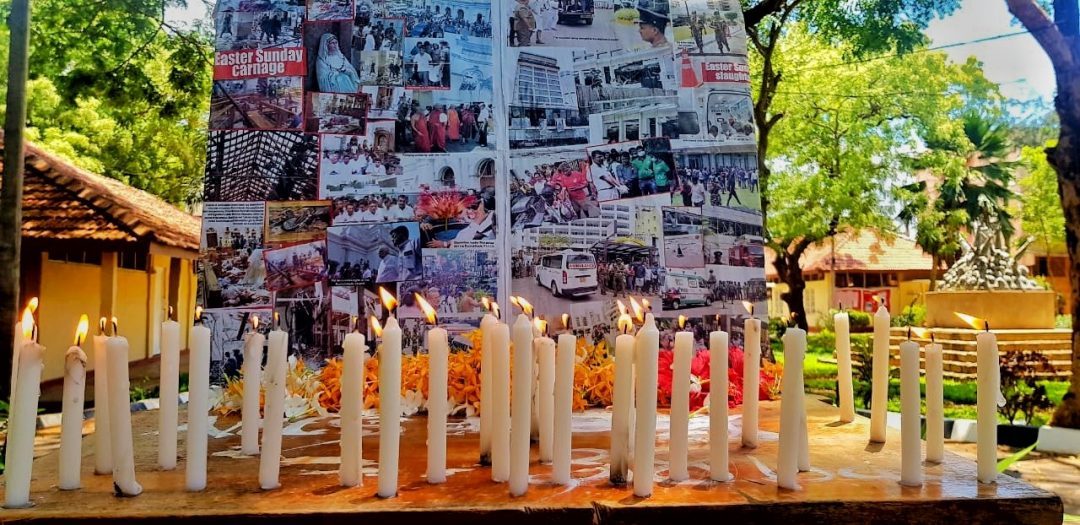Global Cost of Living Crisis appeal
Global Cost of Living Crisis appeal
Support global communities crushed by the conflict
As Russia’s invasion of Ukraine continues, out-of-control food and fuel prices are driving vulnerable people across the world to starvation and deprivation.
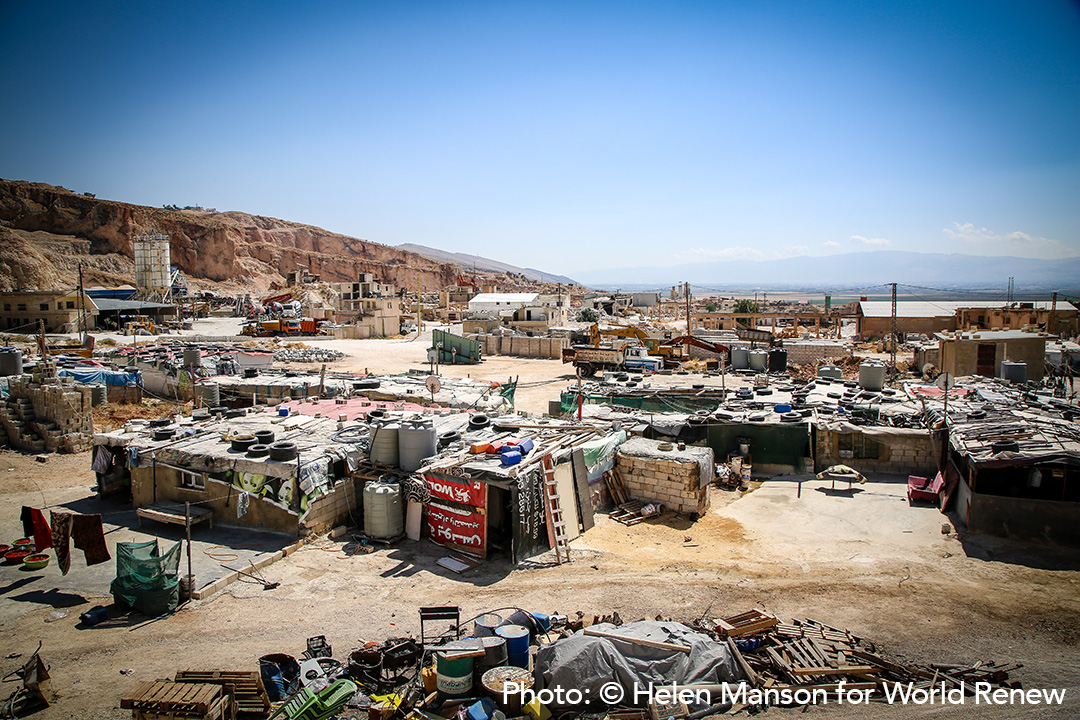
Your gift to support the first wave of Ukrainian war survivors was priceless. Thank you so much for helping those fleeing the conflict. But now the war in Ukraine has driven the cost of living through the roof. We’re seeing fuel and food prices skyrocket, leaving the most vulnerable families reeling from the increased cost of living.
It’s hard to imagine how a war in Europe can have such a terrifying global impact.
For Richard, a small-scale sugarcane farmer who lives in the north of Uganda, it means reducing his family’s meals to just one a day – and sometimes all they eat is a piece of bread with a cup of tea. Vulnerable Syrian refugee families like Julie’s are unable to pay the transport costs to get to work, let alone afford rent or food. And it’s the same story in places like Nepal too.
- £29 could give a family in Nepal access to breeding goats and veterinary training to rear healthy and productive animals
- £88 could buy the seedlings that Richard and ten of his fellow farmers need to provide vital food and help generate income for their families
- £160 could provide a young Syrian refugee in Lebanon with vocational training and schooling, giving them the chance to forge a new future
And it’s not just in Lebanon. Communities in Nepal, Uganda, Chad, Mozambique and Sri Lanka are already contacting us in real fear of what the coming weeks and months will look like. We’re already supporting projects helping people make enough money – or grow enough food – to help sustain themselves and their families, and to keep their children in school.
But even as their income increases, rising fuel and food prices mean it almost makes no difference. We need your help, right now, to double down on these projects and make a lasting impact on the poorest people in the world.
Will you give today?
Other ways to give
- Call the BMS donation line on 01235 517641, Monday to Friday, between 10 am and 4 pm
- Send a cheque made payable to BMS World Mission with a note that this is for the Global Cost of Living Crisis appeal
- Give regularly and provide support in the longer term through BMS’ work across the world


Can you help shield the world’s poorest communities from the effects of the war in Ukraine?
Whatever you can give today will make a difference.
But these countries also need our urgent prayer.
Download this prayer PowerPoint to guide your church’s prayers this Sunday.
Your gift in response to the global cost of living crisis will be used to support communities in the world’s most marginalised countries
that are affected by the impact of the war in Ukraine.

